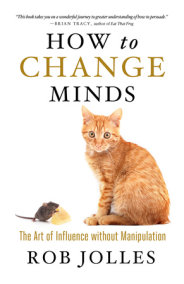

And it can be argued that the book’s breathless pop psychology style is what’s required to bring an important subject out of dry academia and into the mainstream. To be fair, Stolen Focus does feature interviews with some of the most knowledgeable and acute critics of the practices employed by Google, Facebook and others to prey on our psychological weaknesses in pursuit of profit.


He seems shocked to discover that, in the eyes of social media companies, the product is you, even though that particular trope passed from revelation to cliche some time around 2013. Hari, however, presents it as a jaw-dropping revelation. The idea that our attention is being strip-mined by manipulative big tech and that our ability to maintain focus and concentration has been degraded as a result is now commonplace. Over the past decade, alarm about the effect digital technology and associated social changes may be having on human cognition has been voiced by many writers. Stolen Focus ("a miracle of clarity and depth", according to Emma Thompson) addresses a subject that worries many of us these days. As his website and social media channels attest, these have been warmly received by luminaries ranging from Hillary Clinton and Stephen Fry to Naomi Klein and Russell Brand (who describes Hari as a “secular oracle”). Feted at an early age for his columns and features in the London Independent, the New Statesman and many other publications, he fell spectacularly from grace in 2011 when he admitted to plagiarising quotes and anonymously smearing journalistic rivals on Wikipedia.Įvery sinner deserves a shot at redemption, and in the 10 years since then, Hari has taken that shot, building a new reputation as a compelling public speaker and author of best-selling books on subjects including depression and addiction. The journalist and author Johann Hari, whose new book Stolen Focus was reviewed in this newspaper last week, has had a rollercoaster career.


 0 kommentar(er)
0 kommentar(er)
